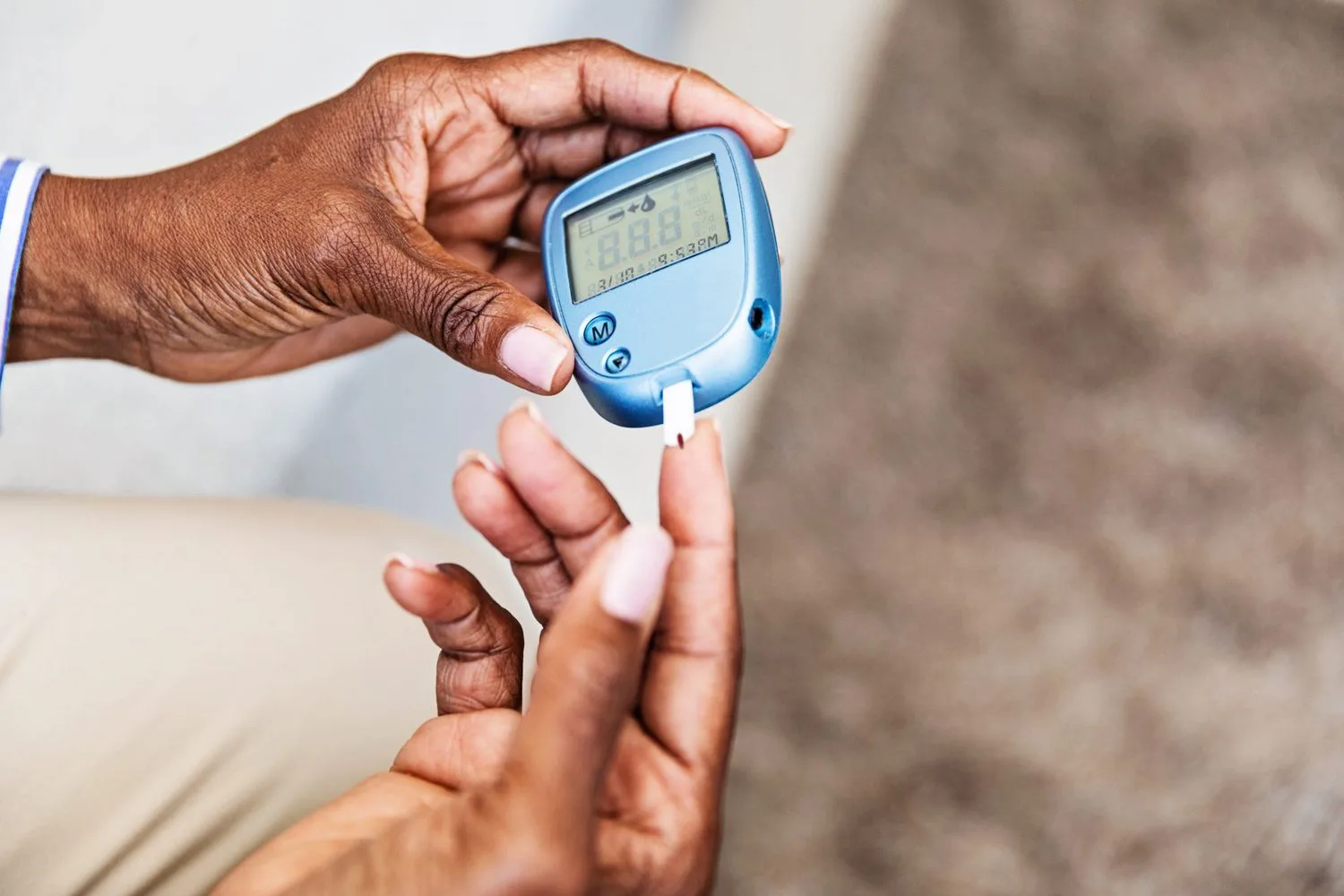Taming the Sugar Rollercoaster: How to Manage Blood Sugar After Meals
Ever feel that afternoon slump after lunch? Or maybe a wave of anxiety hits you out of nowhere? The culprit could be your blood sugar levels. Many people experience significant spikes and crashes in blood sugar after eating, leading to a range of unpleasant symptoms. The good news is, you can take control!
Understanding Blood Sugar Spikes and Crashes
What exactly happens when your blood sugar goes on a rollercoaster ride? After a meal, especially one high in carbohydrates, your blood sugar rises. In response, your body releases insulin to help cells absorb the glucose for energy. However, if this process is too rapid or excessive, it can lead to:
- High Spikes: A sudden surge in blood sugar, causing a temporary burst of energy followed by…
- Crashing Lows: A rapid drop in blood sugar, leaving you feeling fatigued, irritable, and craving more food.
The Impact of Blood Sugar Imbalance
These fluctuations aren’t just uncomfortable; they can have a broader impact on your well-being:
- Fatigue: That tired, sluggish feeling that makes it hard to focus.
- Anxiety: Blood sugar imbalances can trigger the release of stress hormones, contributing to feelings of anxiety.
- Overeating: When your blood sugar crashes, your body signals that it needs more fuel, often leading to cravings and overconsumption of sugary or processed foods.
Strategies for Blood Sugar Management
Here are some actionable steps you can take to keep your blood sugar on a more even keel:
- Choose Whole Foods: Opt for complex carbohydrates like whole grains, fruits, and vegetables, which are digested more slowly.
- Prioritize Protein and Healthy Fats: Including protein and healthy fats in your meals helps slow down the absorption of glucose. Think lean meats, fish, nuts, and avocados.
- Eat Fiber-Rich Foods: Fiber helps regulate blood sugar levels. Load up on beans, lentils, and leafy greens.
- Be Mindful of Portion Sizes: Overeating, especially carbohydrates, can lead to blood sugar spikes.
- Stay Hydrated: Drinking plenty of water helps your body function properly and can aid in blood sugar regulation.
- Regular Exercise: Physical activity helps improve insulin sensitivity and manage blood sugar levels.
Final Overview
Managing your blood sugar is crucial for maintaining energy levels, reducing anxiety, and preventing overeating. By making conscious food choices, prioritizing balanced meals, and incorporating regular exercise into your routine, you can break free from the sugar rollercoaster and experience a more stable and healthy life. Small changes can lead to significant improvements in your overall well-being!




+ There are no comments
Add yours